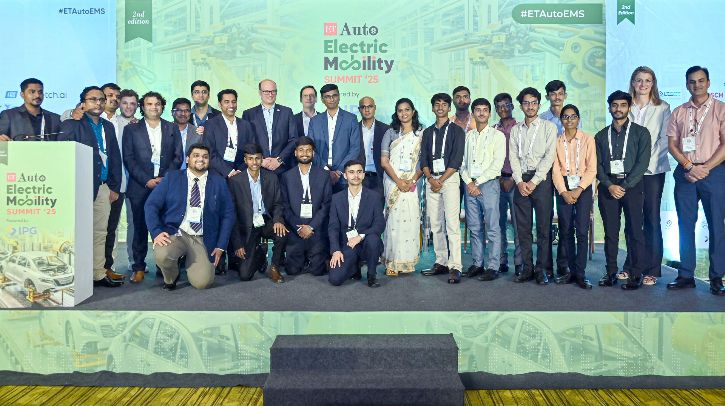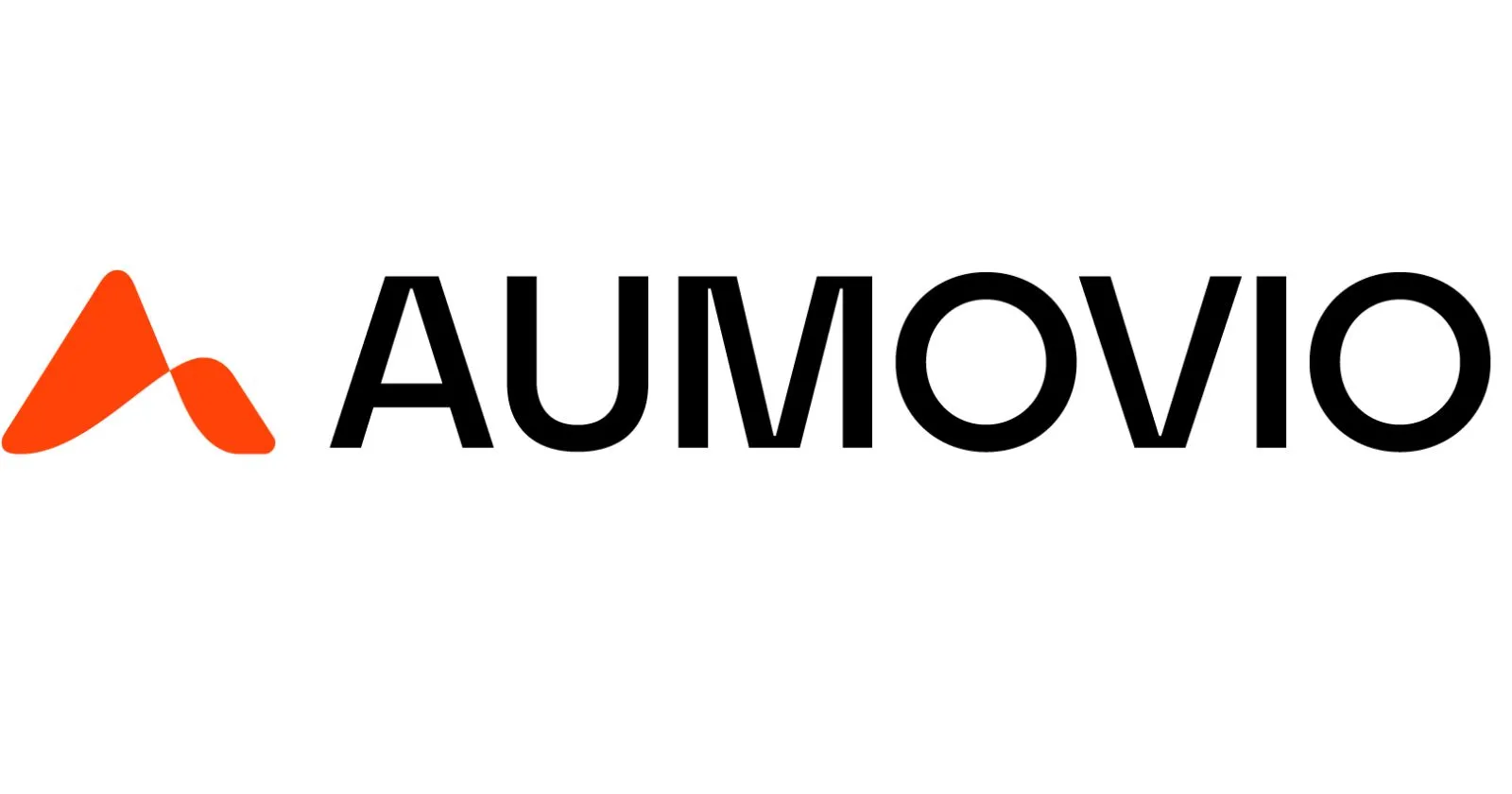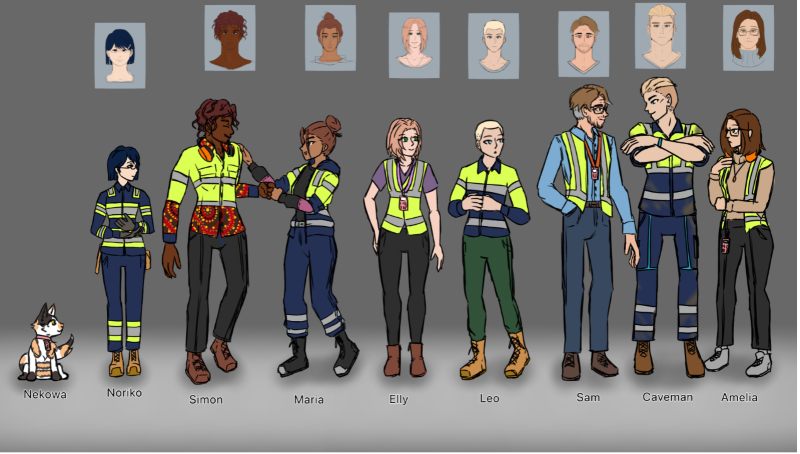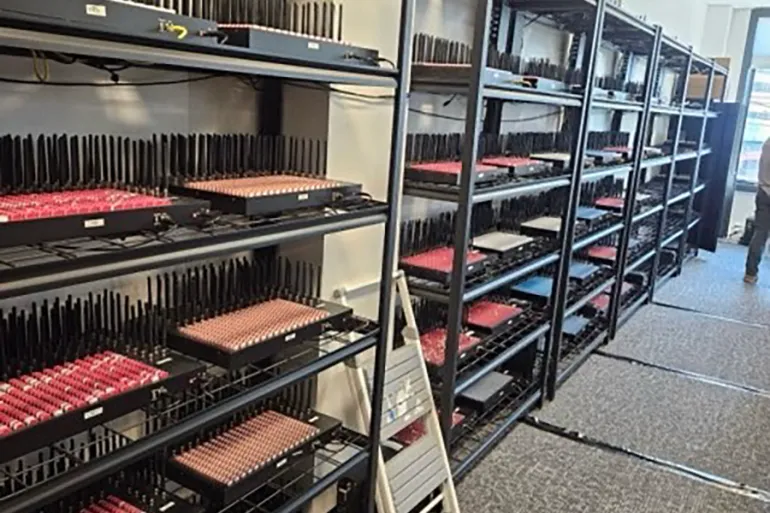Mexico Leaders Push Infrastructure, Tech for Sustainable Mobility

At the recent Movilidad del Futuro forum organized by 3M, leaders from industry, government, and transportation discussed the key requirements for advancing sustainable and efficient mobility in Mexico. Participants highlighted the need for modernized infrastructure, integrated transport systems, and policies that prioritize users while leveraging technological innovation.
“There is a significant gap between existing infrastructure and what would be needed for widespread electric or hybrid vehicle adoption. The key is the user. They will decide which technology to adopt, but they must see both the ecological and economic benefits. Who would not want to switch if it is more efficient and saves money?” said Julio Muñoz, Latin America Director, Transportation and Electronics, 3M.
While Mexico leads in electric vehicle manufacturing, Muñoz noted adoption remains limited due to a lack of incentives. Over 90% of vehicles in circulation still have internal combustion engines, which 3M also supports with technology solutions. “Automakers often come to us with a specific problem, and we either adapt our existing technologies or develop new ones. We have over 5,000 engineers working on tailored solutions,” he added.

Aaron Flores, 3M automotive engineering expert, emphasized that transport innovation is built daily through practical solutions, stronger materials, and technologies that improve safety and efficiency—not only through large infrastructure projects or new electric vehicles. “We work on horizontal and vertical signage with advanced retroreflectivity, visible even in rain,” he said. The company aims for carbon neutrality by 2050, focusing on durable, recyclable, and efficient materials.
Government representatives stressed urban planning and policy challenges. Claudia Salas, federal deputy and president of the Metropolitan Zones Commission, noted that 70% of Mexico’s population lives in metropolitan areas, with 55% using public transport, 29% walking or cycling, and only 16% driving. “We still think in binary cities, focused on cars and public transport,” she said, calling for integrated systems that combine multiple travel modes in a single journey.
Freight congestion remains a barrier. Gabriel Padilla, Director General of the National Auto Parts Industry (INA), said about 80% of automotive production moves via road, creating daily saturation. “We must ease pressure on the road network and integrate rail, road, and ports,” he added. Francisco Fabila, President, Mexican Railway Association (AMF), noted that Mexico’s 23,000 km of railways transport 137 million tons of cargo and 51 million passengers annually.
link




.jpg)


